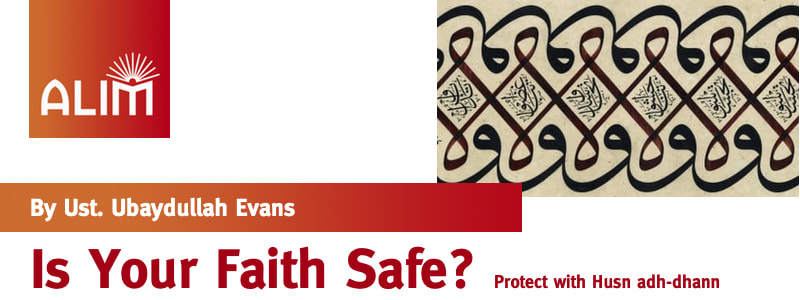stay connected
@alimprogram
PO Box 871785 Canton, MI 48187
(734) 956-0698
(734) 956-0698
2024 © American Learning Institute for Muslims. All rights reserved.
ALIM is a 501(c)(3) organization. All donations are zakat-eligible and tax deductible. Our EIN is 38-3633579.
Zelle: [email protected]
Terms of Service | Privacy Guidelines | Sign Up for ALIM Emails I Get ALIM Text Alerts
ALIM is a 501(c)(3) organization. All donations are zakat-eligible and tax deductible. Our EIN is 38-3633579.
Zelle: [email protected]
Terms of Service | Privacy Guidelines | Sign Up for ALIM Emails I Get ALIM Text Alerts



 RSS Feed
RSS Feed